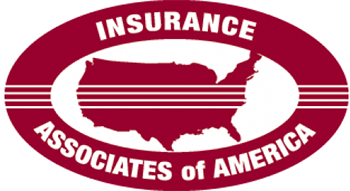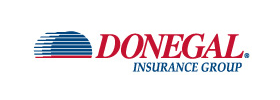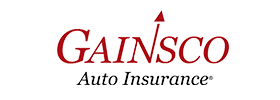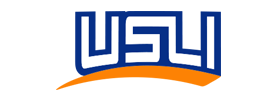Starting your own independent insurance agency is an exciting milestone. It’s your chance to be your own boss, build something meaningful, and help people protect what matters most to them. But let’s be honest—owning an agency isn’t without its challenges. As someone who’s been in the industry for years, I’ve seen (and made) my fair share of mistakes.
The good news? You can avoid many of these pitfalls if you know what to look for. Below, I’ll break down the top 10 mistakes new agency owners make and share actionable tips to set yourself up for success.
Mistake #1: Skipping the Business Plan
Think of your business plan as the foundation of your agency. Without it, you’re building on shaky ground. A good business plan outlines your target market, revenue goals, marketing strategies, and carrier partnerships. It’s not just a formality—it’s a roadmap for your success.
Mistake #2: Underestimating Start-Up Costs
It’s easy to get excited and overlook just how much it costs to get your agency up and running. From licensing and carrier fees to office equipment and marketing, the expenses add up fast. Many new owners run out of cash before their business gains traction.
Solution: Create a realistic budget that accounts for one-time and ongoing expenses. If you’re working with limited funds, consider starting small—like working from home—until your cash flow stabilizes.
Mistake #3: Failing to Secure Carrier Appointments
Your carrier relationships are the backbone of your agency. Without them, you can’t offer clients the variety they expect from an independent agent. But securing appointments isn’t as simple as filling out a form; carriers want to see a solid business plan and potential for growth.
Mistake #4: Neglecting Local Marketing
Sure, digital marketing is important, but don’t underestimate the power of local connections. People want to work with someone they trust, and nothing builds trust like meeting people in your community.
Ideas for Local Marketing:
- Sponsor a youth sports team.
- Partner with local businesses for events.
- Attend networking groups like your local Chamber of Commerce.
Mistake #5: Ignoring Technology
We live in a digital world, and your clients expect you to keep up. Yet many new agency owners resist investing in technology, thinking it’s an unnecessary expense. The truth? The right tools can save you time and money. The right CRM can make every aspect of owning your agency more efficient. Quoting, binding, signing can all be done with one tool.
Must-Have Tools:
- CRM software for managing client data.
- Comparative raters for quoting policies.
- Digital signature tools to streamline paperwork.
Mistake #6: Not Prioritizing Client Retention
It’s tempting to focus all your energy on acquiring new clients, but don’t forget about the ones you already have. Client retention is not only more cost-effective but also critical for long-term growth.
Retention Strategies:
- Send birthday or holiday cards.
- Follow up regularly, even when it’s not renewal time.
- Offer perks like referral bonuses or policy reviews.
Mistake #7: Trying to Do Everything Yourself
When you’re starting out, it’s natural to want to wear all the hats. But doing everything alone is a fast track to burnout.
When to Delegate:
- Hire an assistant to handle administrative tasks like billing and renewals.
- Bring on a producer when you’re ready to scale.
Mistake #8: Overextending with Carriers
Having too many carrier appointments can be just as problematic as having too few. Each carrier comes with its expectations, and overcommitting can stretch you too thin.
Pro Tip: Start with carriers that align with your target market. For example, if you’re focusing on small businesses, look for carriers with strong commercial lines.
Mistake #9: Failing to Adapt to Industry Trends
The insurance industry is constantly evolving, and staying stuck in your ways can leave you behind. Whether it’s embracing new technology, understanding emerging risks, or adjusting to regulatory changes, adaptability is key.
Example: Cyber liability insurance wasn’t on anyone’s radar a decade ago, but today, it’s one of the fastest-growing products. Stay informed and be ready to pivot.
Mistake #10: Forgetting to Build a Brand
Your brand is more than just a logo—it’s how clients perceive you. A consistent and professional brand sets you apart from competitors. Captive agencies benefit from the strength of the carriers’ brands. An independent agent has to build the brand..
Tips for Building a Strong Brand:
- Invest in a professionally designed logo and website.
- Use consistent colors, fonts, and messaging across all platforms.
- Focus on delivering an exceptional customer experience
Conclusion
Starting an independent insurance agency is no small feat, but avoiding these common mistakes can make your journey smoother and more successful. Remember, mistakes are learning opportunities—what matters is how you respond to them.
If you’re just starting out, take it one step at a time. Focus on building strong relationships, leveraging the right tools, and staying adaptable. With dedication and a clear strategy, you’ll be well on your way to running a thriving agency.
What’s your biggest challenge as a new agency owner? Let’s start a conversation—contact us today!

























